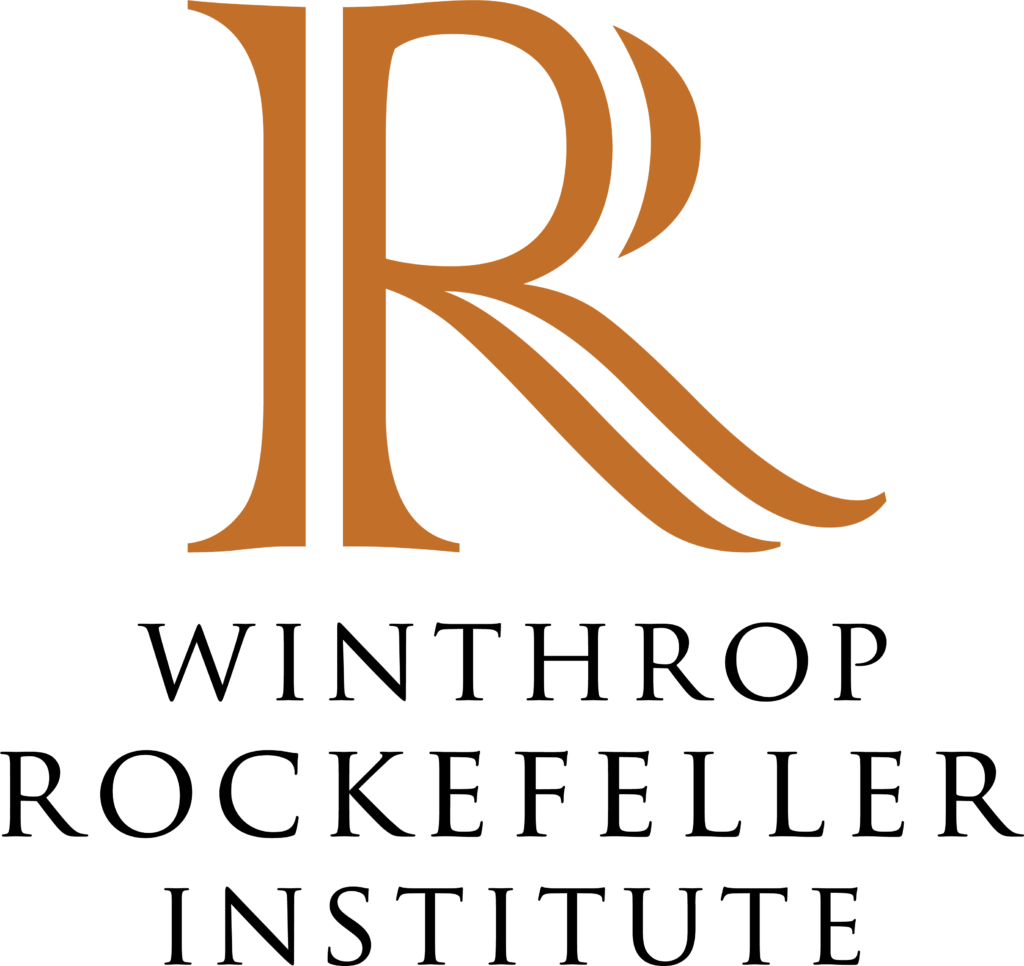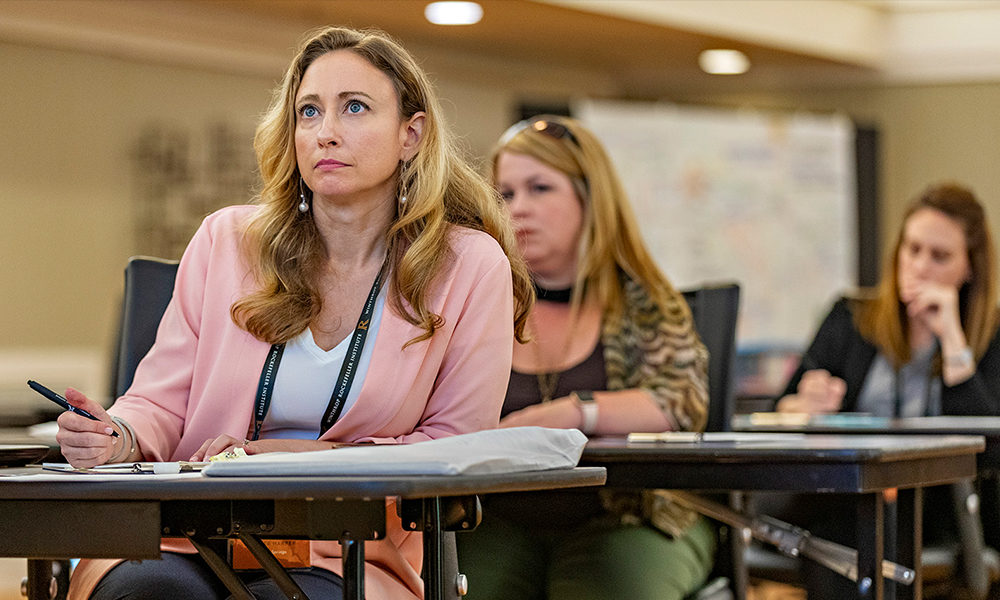It’s easy to hold a meeting. People do it every day in office buildings, in classrooms, and increasingly as a result of COVID-19, in virtual spaces. People hold meetings because they want to communicate decisions, or provide progress updates, or because they’re simply going along with the norms their companies have established for them. After all, Mondays are for meetings, right?
In fact, many middle- and senior-level managers spend a majority of their workdays running from one meeting to the next, putting out fires as they arise and catching bits of time here and there to respond to emails, all without ever really having the time to do the kinds of deep thinking that allow them to be proactive instead of reactive — the kind of thinking that leads organizations to realize success.
There are few among us who haven’t sat through a bad meeting. One need only scroll through the memes that fill our social media feeds or view the selection of coffee mugs for sale that read, “This meeting should’ve been an email,” to confirm this fact. Bad meetings are those that are conducted with little forethought, clarity of purpose, or strategy. At the Winthrop Rockefeller Institute, we don’t “do” bad meetings.
For us, meetings are both a form of art and an incredibly powerful tool for creating solutions. For our clients, we complete a lot of pre-work and planning, making sure to gain a deep understanding of the convening’s purpose and the needs of all parties, while giving special consideration to structure, time, and space. Here, we don’t assist people in communicating decisions, we lead them to co-create them, just as Gov. Winthrop Rockefeller did. Our work — of bringing people together in meaningful ways — has long been relevant and will remain so long after this pandemic is over.
“We shouldn’t stop planning,” Zachary Mannheimer, Principal Community Placemaker at Alchemy, said during a recent session of Uncommon Communities. “We shouldn’t stop dreaming. This crisis means we should be doing more. As we are finding our way through this, it’s the best time to keep working so we can come out of this stronger than before it started.”
Don’t allow your important work to be put on hold. Instead, make use of the disruption to level up, break old habits, and think differently.

